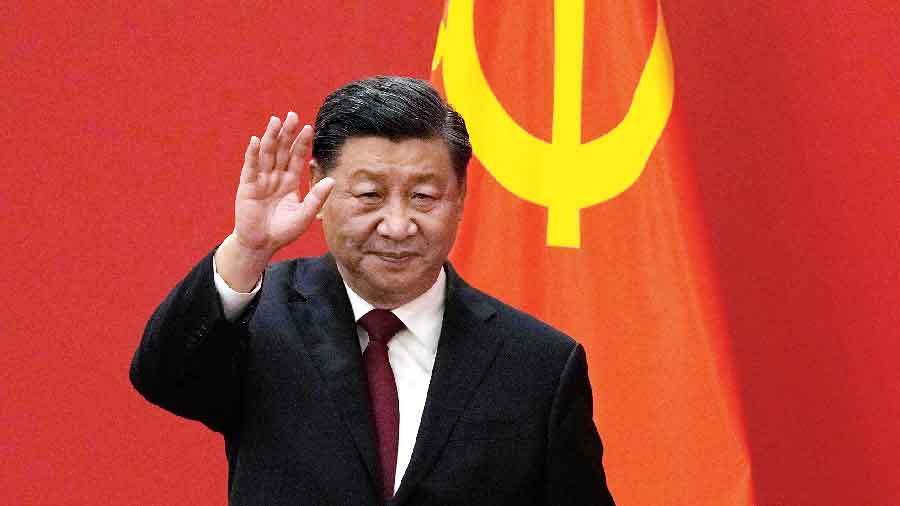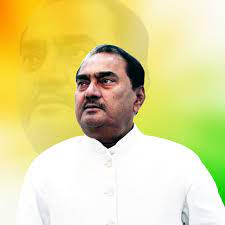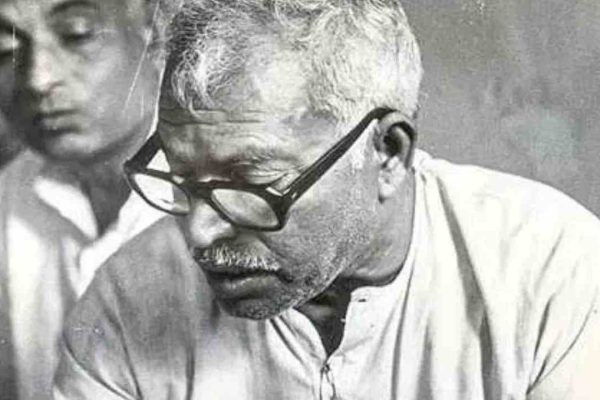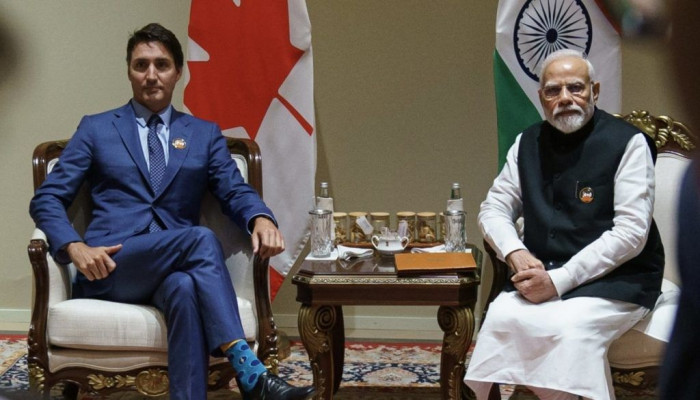Court wants farm laws paused till the deadlock with farmers can be resolved through dialogue, not judicial intervention
It has happened again; the Supreme Court reminding the Executive to carry out its functions rather than relying on legal intervention on matters that it is perfectly equipped to handle. Except, this time, it was an admonishment of sorts, exasperation even, with the Government for not heeding past counsel and passing the buck to escape its share of the blame. So the top court reminded the Government, which washed its hands of the impasse with farmers over new agricultural laws, that it could not ignore its role in what was essentially a matter of policy. In a stinging rap, the judges re-emphasised the need for a consultative process to resolve the vexed issue, asking the Government whether it would pause the implementation of the farm laws, or else the court would. It further drew attention to dialogue as the only way out, asking “What’s the ego here?” and if the Government was “part of the problem or solution?” Considering that it had earlier highlighted the importance of setting up a mediatory committee, the court rightly took umbrage at the Government’s ignorance of such recommendation and its rigidity. By calling out the Government on its stubbornness, the court clearly laid out the virtues of democratic discourse. Besides, it kept the Centre accountable to farmers, a task that the latter was hoping to tie up in legalities. The court, hearing a clutch of petitions challenging the farm laws and farmer agitations at the Delhi border, was also deeply concerned about the human dimension, raising questions about suicides and even old men and women holding out in the harsh weather. Clearly, it didn’t want a civil movement to get out of hand because of the Government’s intransigence and, at the same time, warned against a crackdown, with Chief Justice of India SA Bobde saying: “We do not want blood on our hands.” By suggesting that the protests could continue even after the laws’ implementation was stayed, the court made it clear that dissent needed its space. Nor could the Centre “blame the previous Governments” for it, it added, an indictment of its tendency to attribute anything antithetical as the Opposition’s conspiracy.
It would be easy to describe the court’s stern stand as a win for the farmers’ unions but the fact of the matter is that it is a denunciation of the Government’s political failure. Had the Government preferred the Standing Committee’s scrutiny over pushing the law unceremoniously with a voice vote in the Upper House, things would not have come to such a pass. A GST-like consensus involving the Centre and States would have helped, since agriculture-related issues come under the State List in Schedule VII of the Constitution. The laws may sound well-intended, reformist and help farmers in the long run but shouldn’t the Government then have hand-held them through the transition? What stopped it from considering amendments or a “clause by clause” analysis while the laws were on the drawing board? In that sense, the Government is solely responsible for fomenting protests in the first place. The farmers are not against market economics but simply want a level playing field. Experts may argue that the protest is being led by cultivators from Punjab and Haryana, who have benefited because of the Government’s guaranteed pickup of volumes and fixed rates, namely the Minimum Support Price (MSP). But with the MSP itself becoming unremunerative given the rising input costs, with the farmers forced to sell at lower rates, they are but naturally wary of competitive prices in the open market. The small and marginal farmers, the lot of whom the Acts intend to improve, would not gain that much either, given their limited resources to transport their goods to the local mandis, leave alone to bigger markets . Besides, without proper warehousing and processing, they would anyway be dependent on the food majors. With most of them not literate enough to exercise their rights, dispute resolution could also end up being loaded against them. The farmers need to be legally protected in what is still an unequal deal.








 OpinionExpress.In
OpinionExpress.In















Comments (0)